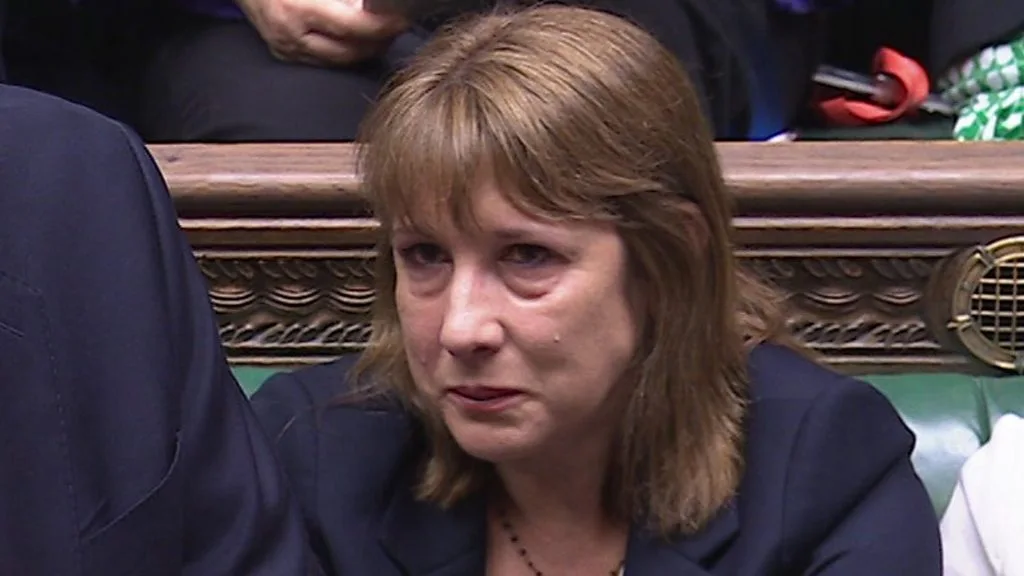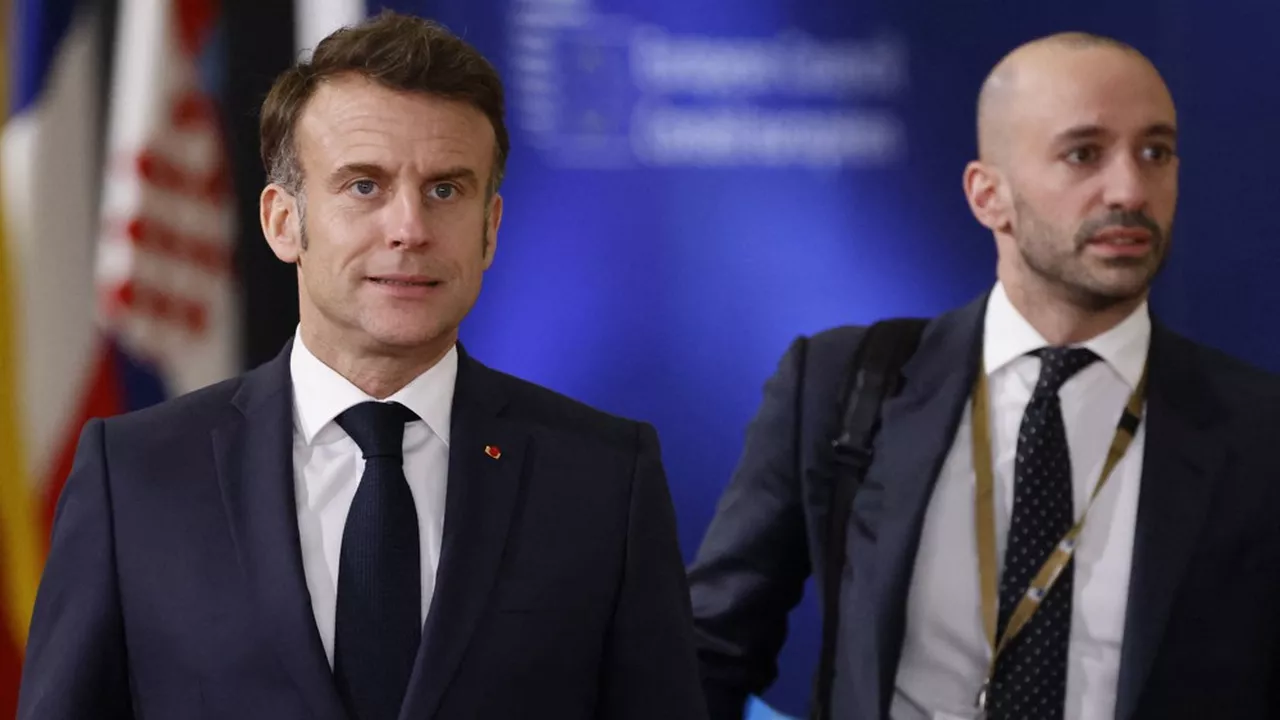Rachel Reeves’ Emotional Moment Sparks Leadership Questions Within Labour’s Top Ranks
Shadow Chancellor Rachel Reeves was visibly moved during a recent party meeting, prompting renewed speculation about internal pressures, leadership tensions, and the emotional toll of frontline politics in the Labour Party’s highest circles.
An emotional moment involving Shadow Chancellor Rachel Reeves has stirred deep conversations within the Labour Party’s upper ranks, raising new questions about the party’s leadership dynamics, internal strains, and the emotional weight of navigating high-stakes national politics just months ahead of a general election. Reeves, a central figure in Keir Starmer’s shadow cabinet and widely regarded as a future leadership contender, was reportedly brought to tears during a high-level strategy meeting last week, sources confirmed. Though the exact cause of the moment remains private, multiple insiders said it stemmed from a combination of policy disagreements, campaign stress, and personal pressure.
An Emotional Flashpoint According to accounts from two individuals present at the meeting, the Shadow Chancellor became visibly emotional while discussing the party’s economic messaging and how much emphasis should be placed on fiscal caution versus public investment. “She wasn’t crying out of weakness—this was someone who has carried a huge burden, and it just boiled over,” said one senior Labour aide who witnessed the exchange. “She’s been under relentless pressure for months, balancing expectations from both the leadership and the grassroots.
”Others described the moment as brief but impactful, occurring behind closed doors during an internal planning session rather than in a public or parliamentary setting. “It was human,” said a junior MP aligned with Reeves. “That’s what made it powerful.
” Leadership Under Pressure Reeves’ tearful moment comes at a time of intensifying scrutiny over Labour’s strategy ahead of a highly consequential general election. As Shadow Chancellor, she has been instrumental in shaping Labour’s economic policy—one of the most scrutinized and potentially vulnerable aspects of the party’s platform. Her approach, often described as 'pragmatic restraint,' emphasizes economic stability, market credibility, and debt reduction while avoiding the large-scale spending promises that defined previous Labour manifestos under Jeremy Corbyn.
While this strategy has reassured centrist voters and business leaders, it has also frustrated elements of the party’s progressive base, who argue Labour risks appearing too cautious amid a national cost-of-living crisis. “There’s a real internal tension,” said political analyst Sonia Malik. “Rachel Reeves is trying to hold the line on economic credibility, but there’s increasing pressure from within to offer a more radical vision.
That tension is taking a personal toll. ” Starmer’s Inner Circle and the Question of Support One of the immediate questions raised by the incident is whether Reeves feels fully supported within Starmer’s inner circle. While the Labour leader has praised her in public as “a rock of stability” and “a key architect of our next government,” allies of Reeves say there have been moments of private disagreement over policy tone and campaign risk-taking.
Some insiders suggest Reeves has felt sidelined in recent weeks as Starmer and his team focus more heavily on cultural messaging and foreign policy, areas that have generated controversy and media attention. “There’s a growing sense that she’s expected to absorb all the economic criticism while others drive the campaign headlines,” said one longtime Labour strategist. “That’s a tough position to be in.
” Gender, Emotion, and Political Perception The moment has also sparked broader discussion about how emotion is perceived differently in male and female politicians. Supporters of Reeves argue that her emotional display reflects dedication, not fragility. “Had this been a male MP showing frustration or even tears, it might be framed as passion,” said Caroline Hargreaves, chair of Labour Women for Change.
“But because it’s a woman, some want to call it a weakness. That double standard has to be challenged. ”Indeed, several female MPs have voiced support publicly, calling Reeves’ response relatable and appropriate in a moment of immense pressure.
Reeves’ Track Record and Public Standing Despite the internal stir, Rachel Reeves remains one of the most popular and trusted figures within the Labour frontbench. A former Bank of England economist and MP for Leeds West since 2010, she has built a reputation as a disciplined, detail-oriented policymaker who has steered Labour’s economic message toward the political center. Recent polls show that Reeves is among the most recognized shadow ministers, and her speeches on economic security, industrial strategy, and fiscal prudence have drawn praise from parts of the business community.
“She is not just the party’s brain on finance—she’s its firewall against economic attacks from the Tories,” said Malik. “Without her, Labour’s credibility would be far more vulnerable. ” The Wider Shadow Cabinet Reaction In the wake of the episode, several shadow cabinet colleagues have privately rallied around Reeves, encouraging her to take time if needed and reaffirming her central role in the upcoming campaign.
“She carries the weight of economic credibility on her shoulders every single day,” said one fellow frontbencher. “What she showed was that she cares. And that’s not a liability—it’s a strength.
”Still, the incident has exposed underlying fault lines within the party—between those who believe Labour must remain cautious and centrist to win power, and those who want a bolder, more ambitious policy platform. Public Response and Media Interpretation Media coverage of the moment has so far been mixed. While some outlets have focused on the emotional dimension, others have framed it as symbolic of deeper uncertainties within Labour’s leadership core.
Editorials in conservative tabloids have questioned whether Reeves is ‘up to the job,’ while centre-left publications have largely praised her humanity and resilience. Social media response has been swift, with many users expressing sympathy and admiration for Reeves, often using the hashtag #StrengthInEmotion to push back against sexist narratives. What’s Next for Reeves—and Labour Party insiders say Reeves has no plans to step back from her role and remains fully committed to leading Labour’s economic message through the election.
However, some expect a short reduction in her media appearances as the team recalibrates its public strategy. “She’s not going anywhere,” said one campaign aide. “She might take a breath, but she’s still the one holding the calculator—and the party knows how important that is.
”The incident may also lead to internal conversations about how Labour distributes pressure across the frontbench, particularly as campaign intensity builds. “We can’t keep asking one or two people to carry all the load,” said another shadow minister. “This needs to be a team effort, and that means better emotional support and political coordination.
” Conclusion: A Moment of Humanity in Hard Politics Rachel Reeves’ emotional moment may fade from headlines in the days ahead, but the underlying issues it revealed—personal strain, internal policy debates, gendered double standards, and the immense weight of leadership—will continue to shape Labour’s campaign and public image. In a political climate often marked by cynicism and calculation, her visible emotion struck a chord with many voters and colleagues alike: a reminder that those shaping policy are, in the end, human too. As one ally put it: “What she showed wasn’t weakness—it was how deeply she cares.
And that’s exactly the kind of leadership this country needs. ”.
24th july 2025



